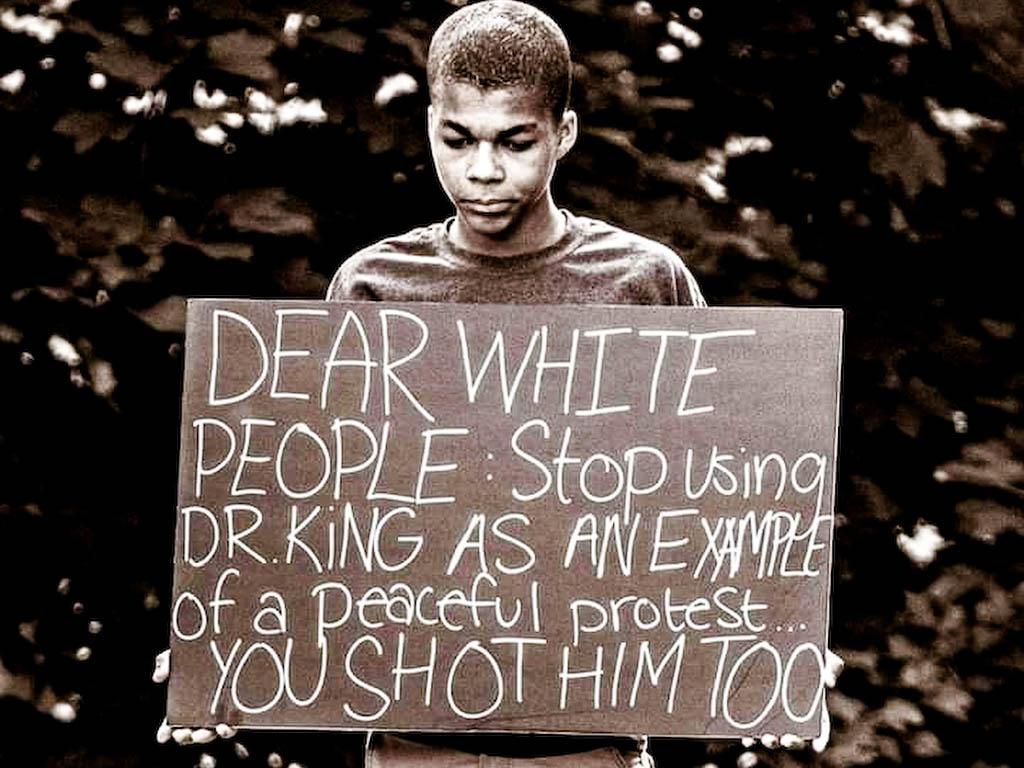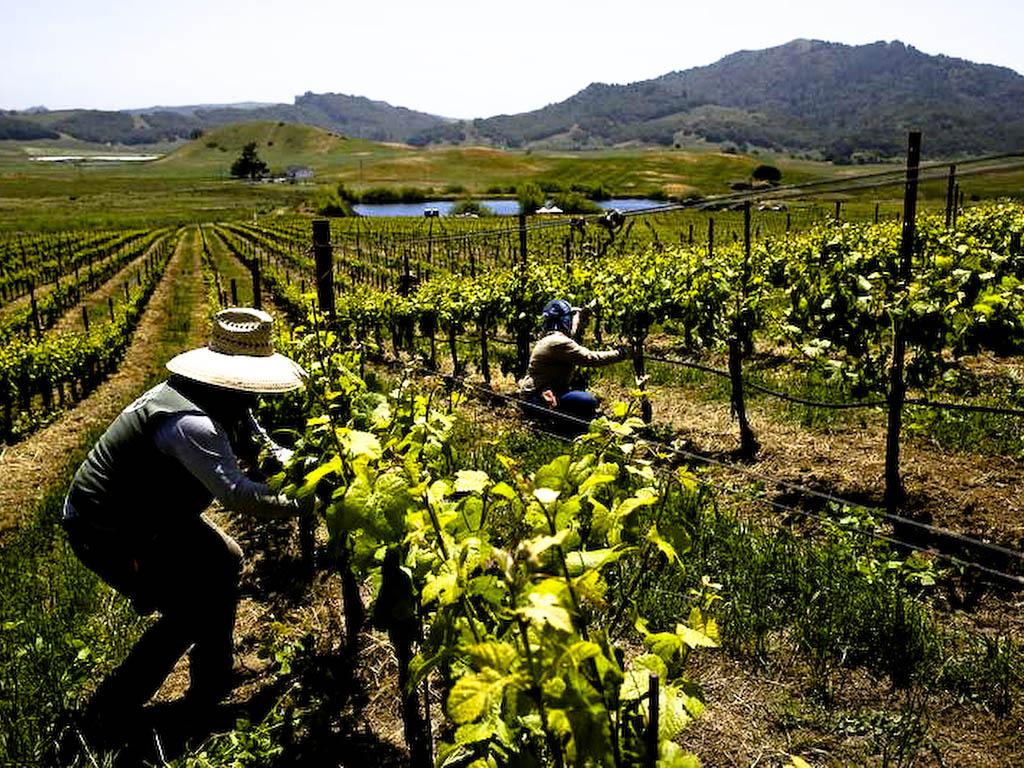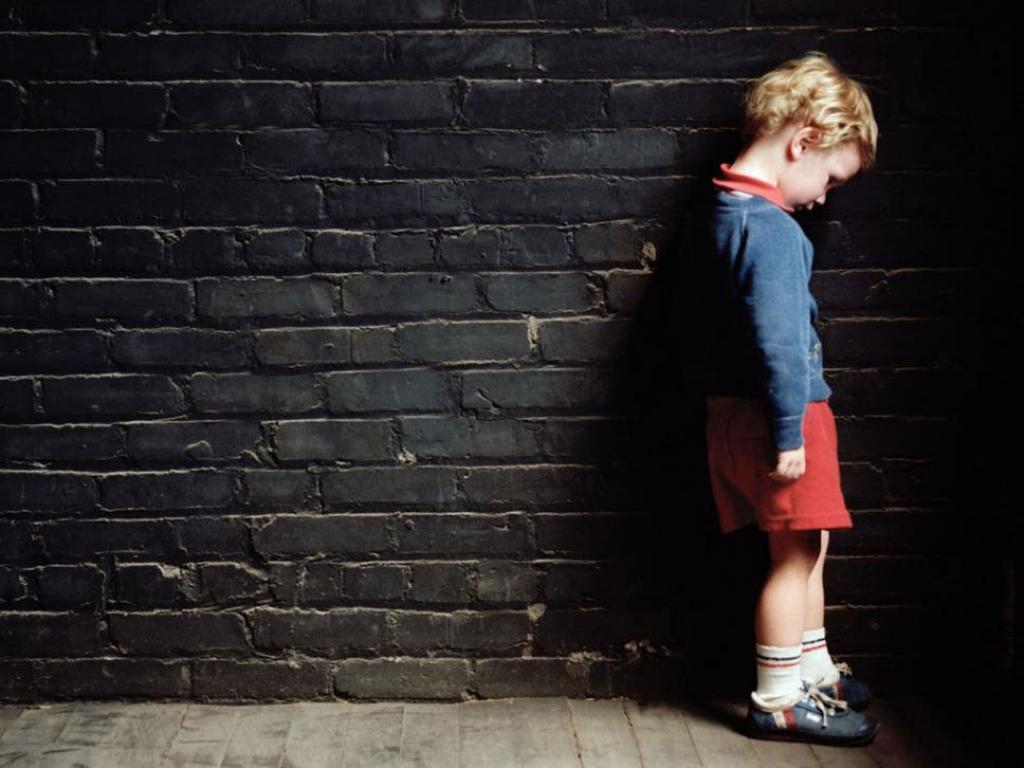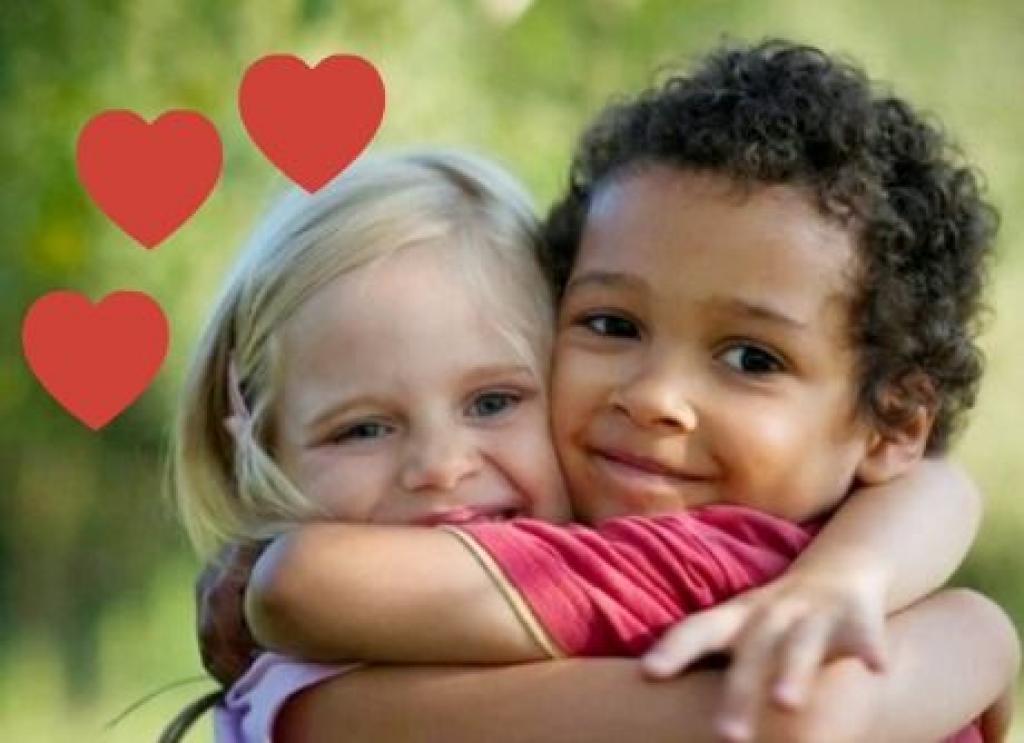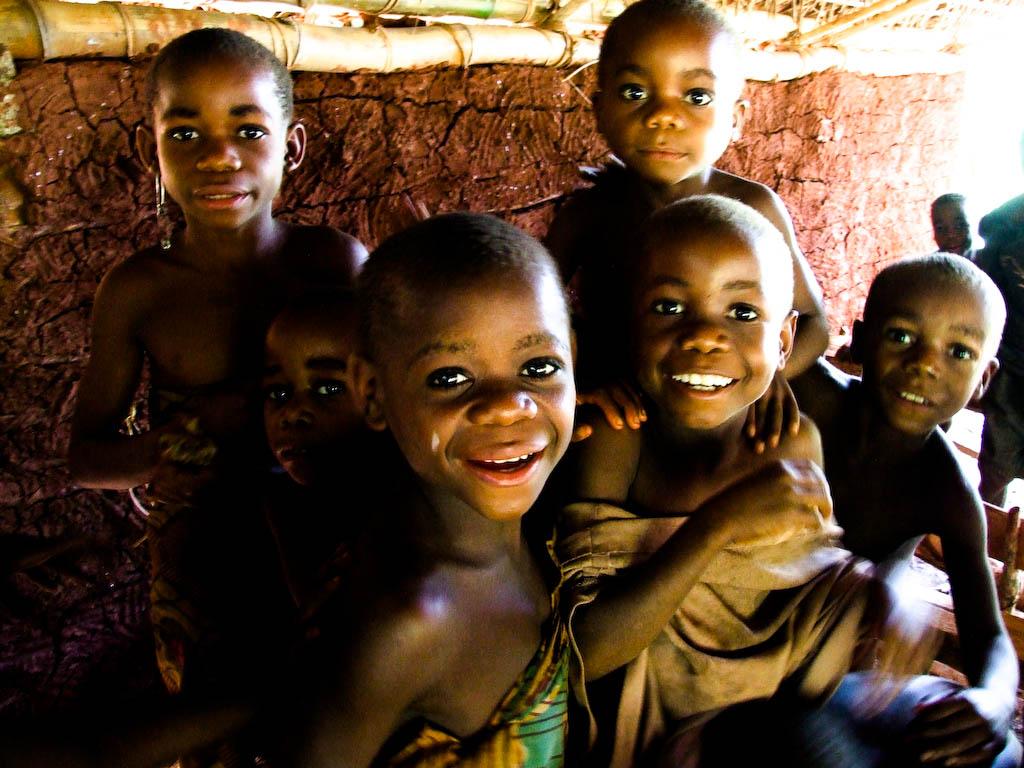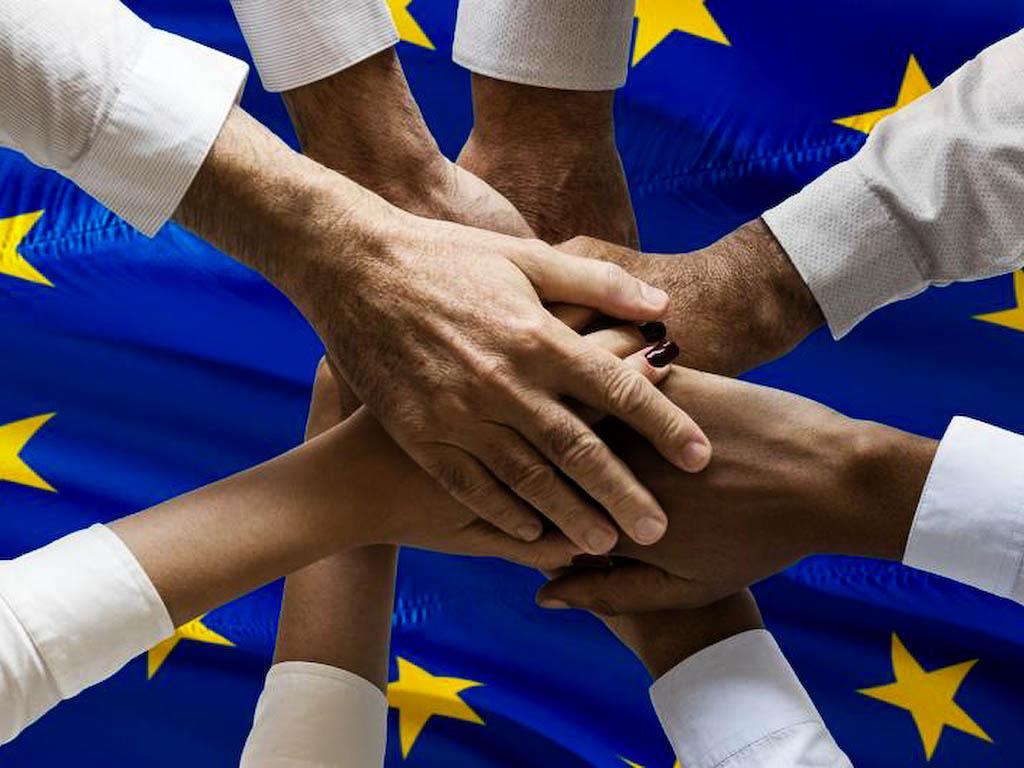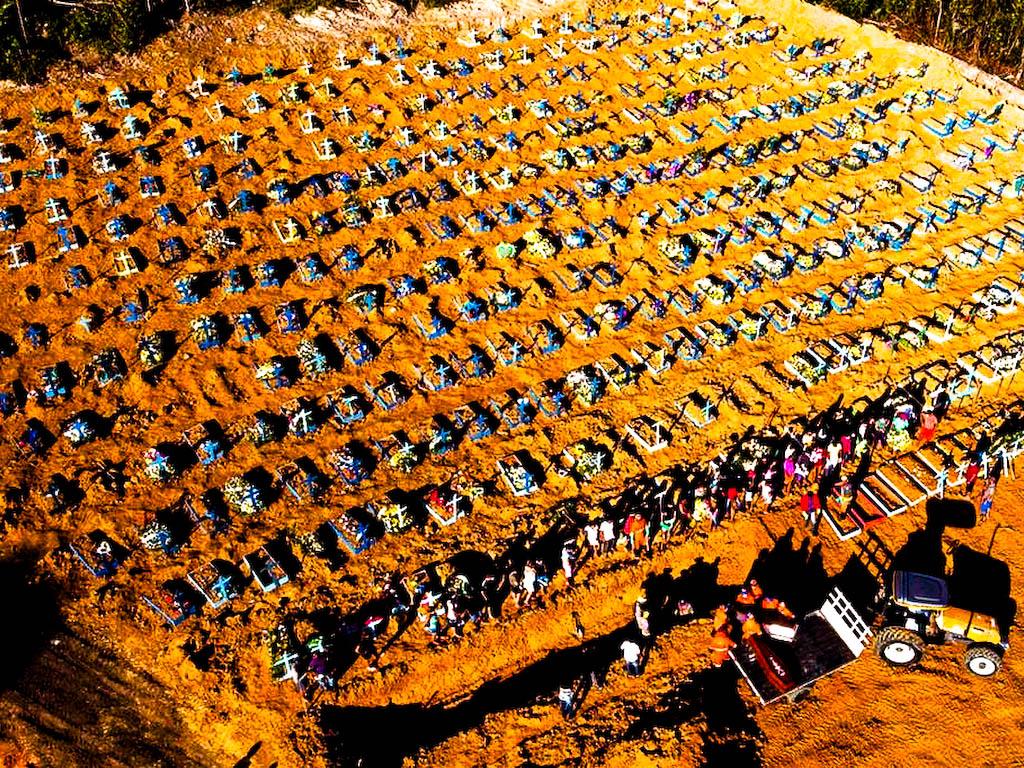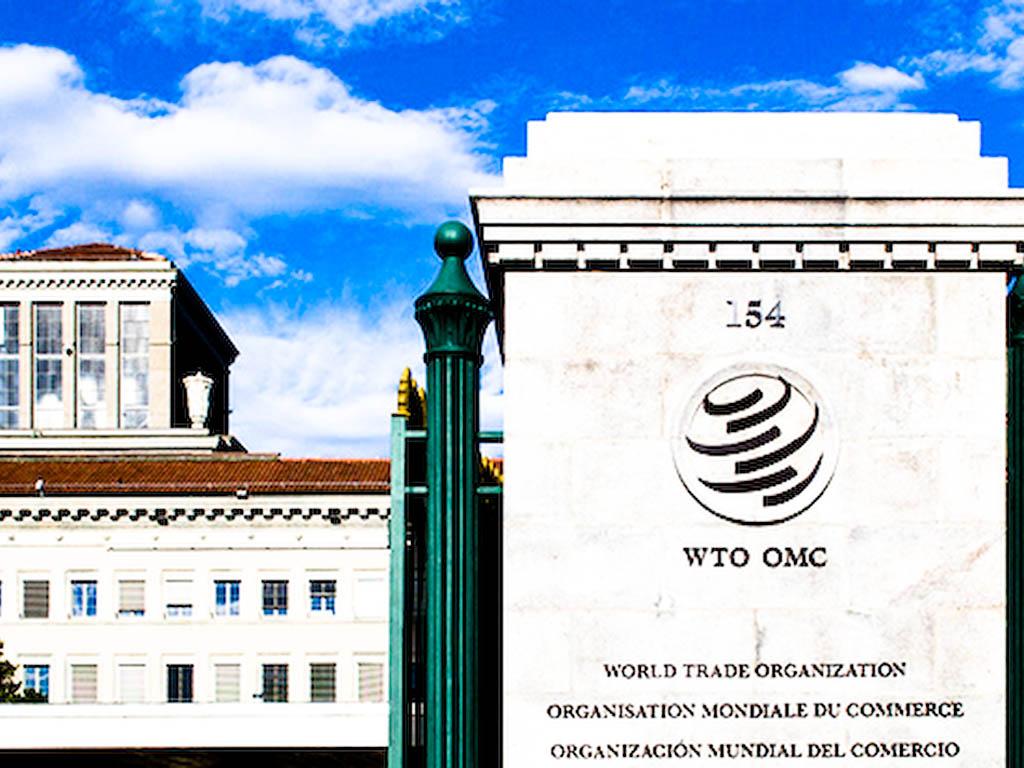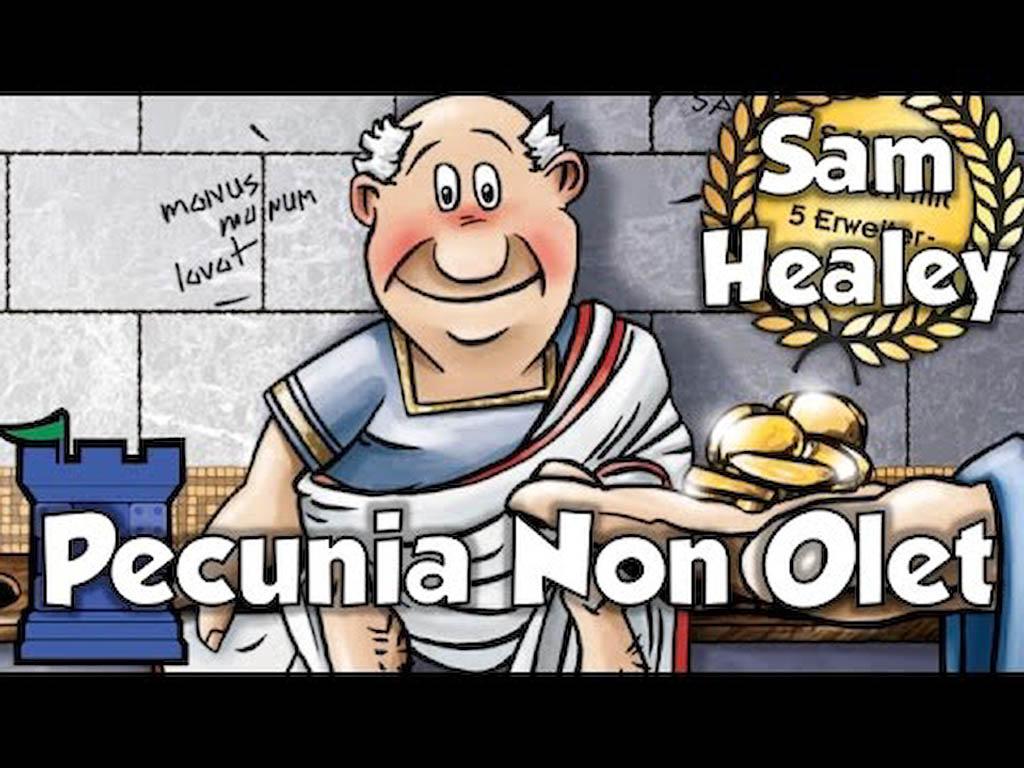Jpic News from John Paul Blog - Vol. 8 - N 7
|
THE NEWS OF THE MONTH
We asphyxiate: why?"As we witness the asphyxiation of our country, many of us cry in anguish: why? How we answer the question is crucial because we will then know what to pray for and how we must act. Our society will make no progress in addressing the evil of racism without the will to leave behind the purveyors of polarization". The United States (US) is asphyxiating, why? Borrowing a metaphor from Pope Francis we could say, the Country experiences four other viruses more than Covid 19: racism, violence, individualism, power. The history of the US is stained with what many call an original sin, the slavery of the black Africans. Throughout 400 years it had become part of the North-Americans' DNA. This anti black racism sprouted from violence and deceit the Europeans managed to settle on the land of the indigenous people. The famous Far West fights and movies shows how the DNA racism was violent since its beginning. Which other people but the US amends the "sacred constitutional principle that all persons are born equal in rights and dignity" with the constitutional right to carry weapons for personal defense? In the US, weapons are more than the inhabitants, and any citizen the police stops on any road or street is a potential weapon holder. Violence and racism engendered a stronger individualism. Privacy came around as sacred or even more than the person itself. Pope Francis can repeat until ad nauseam that people have priority over property! However, when individualism becomes a cultural way of living, any armed individual will give violent priority to his property over any person. The problem here is that any virus is infectious and this triple virus pandemic has infected all the social life and the original sin inscribed in people's DNA guides any aspect of life. Focusing only on police brutality, real and to be condemned, can prevent to find an appropriate answer to the problem. So, the US is asphyxiating, OK but why? The answer is crucial because we will then know what to pray for and how we must act, was the first comment that Cardinal Tobin, archbishop of Newark, made on George Floyd' killing. Go on reading | |
|
THE GOOD NEWS
Not everything can be patentedConventionally selected (non-GMO) plants and animals cannot be patented. This is the verdict issued on May 14, 2020 by the Enlarged Board of Appeal (the court of law of the European Patent Office). All of this seems obvious, but yet, companies like Bayer (Bayer-Monsanto), Syngenta and Carlsberg have done their best to avoid it. Without patents, they cannot control and benefit from the biological information contained in these living beings! (Translated by Alissa D’Vale) The good news did not happen by chance: it is the result of a long process, done by many people. Among them, the members of WeMove Europe, – an independent organization that aims to mobilize citizens to shape a better Europe in the present, future generations and for the good of the planet – who signed the petitions, shared them with their acquaintances, or have financially contributed to the campaigns. In 2016, WeMove Europe joined a coalition of organizations, mainly German, fighting against patents filed on broccoli, tomatoes, barley or salmon. Together, they quickly mobilized beyond frontiers to make this new campaign a true European effort. Just a few months later, the petition initiated by this great alliance had over 800.000 signatures! Comprised of citizens who rejected the patentability and commercialization of living beings for the benefit of multinationals. The European Patent Office (EPO) did not consider this single petition sufficient, so it was necessary to launch one of the largest actions of official objections in the institution’s history. Around 65.000 complaints were drafted, signed by citizens from all over Europe, against a tomato patent. An unprecedented moment for the EPO, suddenly surpassed by so many objections. Go on reading | |
|
THE WORST NEWS
The pedophilia virusMeter Association’s Annual Report 2019 about pedophilia and child abuse material is a balance of a worldwide crime which requires to be read, deepened, assimilated, understood and to be mentioned. The reported numbers are not mere statistical results, they represent and intense and hard work, a constant commitment to fight criminal actions against children who are enslaved, tortured and treated as erotic and sexual objects. These numbers, however, are ruthless: almost 7 million one hundred thousand photos reported last year, almost double if compared with 2018 when the counter stopped at 3.053.317 (There were around 2 million in 2017). Videos have remained more or less the same (992,300 against 1,123,793 from 2018), chats have increased (323 against 234) and the compressed folders 325. The data from the period 2002-2019 reported by the World Observatory against Pedophilia, shows that child abuse is an expanding crime. Its data is verified, checked and reported to the competent Police forces and server providers. In 17 years 61,525 protocols were sent, with174,731 links reported. Since 2008 social networks have increased the available space for pedophiles: 8,397 reports were counted during 17 years, while the Deep Web continues to grow. The Deep Web is the dark side of the net, like the one of the moon everyone knows it is there, but no one has ever seen it. Go on reading | |
|
CELEBRATING!
: 30 July International Day of FriendshipOur world faces many challenges, crises and forces of division - such as poverty, violence, and human rights abuses, among many others - that undermine peace, security, development and social harmony among the world's peoples. To confront those crises and challenges, their root causes must be addressed by promoting and defending a shared spirit of human solidarity that takes many forms - the simplest of which is friendship. Through friendship - by accumulating bonds of camaraderie and developing strong ties of trust - we can contribute to the fundamental shifts that are urgently needed to achieve lasting stability, weave a safety net that will protect us all, and generate passion for a better world where all are united for the greater good. Worldwide, some 150 million students, half of all students 13 to 15 years of age, report having experienced peer-to-peer violence in and around schools (https://www.unicef.org/end-violence). For the observance of International Day of Friendship, UNICEF has released an exclusive BTS video that calls on young people to brighten someone’s day with kindness (either in real life or on the internet, and sharing it for others to see), as part of UNICEF’s campaign to #ENDviolence in and around schools. In December last year, children and young people from around the world drafted an #ENDviolence Youth Manifesto calling on governments, teachers, parents and each other, to help end violence and ensure students feel safe in and around schools, including a commitment to being kind and respectful. All around the world sign of solidarity for the victims of racism have multiplied these weeks. "thanks" to the pandemic crisis, people had discovered the importance of friends' presence and of warm fellowship. Every initiative aiming to bring peace and harmony among people are welcome, provided that we do not cradle in the illusion that celebrating once a year the International Day of Friendship suffices to create understanding between persons, peoples. and countries. To know more see here | |
|
TAKE ACTION NOW!
A call for the last of the lastEight indigenous Pygmies members of the Batwa community are convicted and sentenced to lengthy prison terms for attempting to regain access to their traditional lands. Centuries before other African ethnic groups arrived, the Pygmies were living peacefully in the Forest spreading from the Congo-Nile ridge mountains to the Atlantic Ocean. The land of these persecuted Pygmies are inside the boundaries of Kahuzi Biega National Park in the Democratic Republic of Congo. About 6,000 Batwa people were evicted from the park in the 1970's, with no provisions made for any alternative lands or means of survival. After trying to scrape out a living on the edges of society for the past 40 years, being shot as poachers when they entered the park to collect food or medicinal herbs, and engaging in negotiations with the park and national authorities which just resulted in broken promises, they finally decided to return home and make a stand. And this is going on also in the Ituri (East DR-Congo) forest where under the cover of protecting the Okapi the pygmies are refused to live in their forest Okapi Conservation Project. Take notice that this situation is going on also with the pygmies in Congo Republique (Congo Brazaville), see L’Union européenne réduit son soutien au WWF, accusé de bafouer les droits des Pygmées au Congo | |
|
KNOWING THE SDGs
Goal 17: Partnerships for the GoalsThe Sustainable Development Goals (SDGs) can only be realized with strong global partnerships and cooperation. A successful development agenda requires inclusive partnerships — at the global, regional, national and local levels — built upon principles and values, and upon a shared vision and shared goals placing people and the planet at the centre. Many countries require Official Development Assistance (ODA) to encourage growth and trade. Yet, aid levels are falling and donor countries have not lived up to their pledge to ramp up development finance. Due to the COVID-19 pandemic, the global economy is projected to contract sharply, by 3 per cent, in 2020, experiencing its worst recession since the Great Depression. Strong international cooperation is needed now more than ever to ensure that countries have the means to recover from the pandemic, rebuild better and achieve the Sustainable Development Goals. Facts and Figures
Goal 17 Targets Finance 1-. Strengthen domestic resource mobilization, including through international support to developing countries, to improve domestic capacity for tax and other revenue collection. 2-. Developed countries to implement fully their official development assistance commitments, to achieve the target of 0.7 per cent of ODA/GNI to developing countries and 0.15 to 0.20 per cent of ODA/GNI to least developed countries ODA providers are encouraged to consider setting a target to provide at least 0.20 per cent of ODA/GNI to least developed countries. 3-. Mobilize additional financial resources for developing countries from multiple sources. 4-. Assist developing countries in attaining long-term debt sustainability through coordinated policies aimed at fostering debt financing, debt relief and debt restructuring, as appropriate, and address the external debt of highly indebted poor countries to reduce debt distress. 5-. Adopt and implement investment promotion regimes for least developed countries Technology 6-. Enhance North-South, South-South and triangular regional and international cooperation on and access to science, technology and innovation and enhance knowledge sharing on mutually agreed terms, including through improved coordination among existing mechanisms, in particular at the United Nations level, and through a global technology facilitation mechanism. 7-. Promote the development, transfer, dissemination and diffusion of environmentally sound technologies to developing countries on favorable terms, on concessional and preferential terms, as mutually agreed. 8-. Fully operationalize the technology bank and science, technology and innovation capacity-building mechanism for least developed countries and enhance the use of enabling technology, in particular information and communications technology. Capacity building 9-. Enhance international support for implementing effective and targeted capacity-building in developing countries to support national plans to implement all the sustainable development goals, including through North-South, South-South and triangular cooperation. Trade 10-. Promote a universal, rules-based, open, non-discriminatory and equitable multilateral trading system under the World Trade Organization, including through the conclusion of negotiations under its Doha Development Agenda. 11-. Significantly increase the exports of developing countries, in particular with a view to doubling the least developed countries’ share of global exports. 12-. Realize timely implementation of duty-free and quota-free market access on a lasting basis for all least developed countries, consistent with World Trade Organization decisions, including by ensuring that preferential rules of origin applicable to imports from least developed countries are transparent and simple, and contribute to facilitating market access Systemic issues Policy and institutional coherence 13-. Enhance global macroeconomic stability, through policy coordination and coherence 14-. Enhance policy coherence for sustainable development. 15-. Respect each country’s policy space and leadership to establish and implement policies for poverty eradication and sustainable development. Multi-stakeholder partnerships 16-. Enhance the global partnership for sustainable development, complemented by multi-stakeholder partnerships that mobilize and share knowledge, expertise, technology and financial resources, to support the achievement of the sustainable development goals in all countries, in particular developing countries. 17-. Encourage and promote effective public, public-private and civil society partnerships, building on the experience and resourcing strategies of partnerships. Data, monitoring and accountability 18-. Enhance capacity-building support to developing countries, including for least developed countries and small island developing States, to increase significantly the availability of high-quality, timely and reliable data disaggregated by income, gender, age, race, ethnicity, migratory status, disability, geographic location and other characteristics relevant in national contexts. 19-. Build on existing initiatives to develop measurements of progress on sustainable development that complement gross domestic product, and support statistical capacity-building in developing countries | |
|
KEEP HOPING
Seven minutes of music and imagesThe author of Best Music Relax comments: "I know the world is complex and endless. When I feel sad, the anxiety silently creeps into my soul. I prefer beautiful sad music, because I know that when my heart cries, my soul is purified. My friend, listen to this amazing melody from composer DJ Lava, The Calling Angel. It is such an ocean, which strikes with its immense depth. At the hour of the rising sun, it is an ode singing to the earth and at sunset the sad music of separation. And reach the most remote deepness of our consciousness to awaken the best of everything, all that is bright and noble, healing the wounded soul and dissipating what brings pain and despair. Seven minutes of music and images that can fill the mind and heart with harmony and warmth." And if you find this music useful, share it with your loved ones. Watch and listen | |
|
WORTH THINKING ON
Money or Life, the False Dilemma of Brazil Regarding the Coronavirus“300, 400, 500 thousand people are going to die in the next two years in Brazil as a result of the economic loss" derived from the restrictions to combat the coronavirus, predicted the businessman Junior Durski. Paralyzing the national economy “because of 5000 or 7000 people who are going to die” due to covid-19 is not realistic – protests the owner of some restaurants – in a video broadcasted by Instagram, before the closure of activities that result in crowds of people. The effects of social distancing and the suspension of work will be worse than the epidemic, agreed President Bolsonaro and many businessmen who, like Durski, want to keep their businesses open. But they abuse data that is questionable or clearly unrealistic in their arguments. From what is known, without actions to contain the rhythm of the epidemic, Brazil would have much more than 7000 deaths, a figure surpassed by Italy, which has a 70% smaller population and better economic conditions, and which adopted radical measures to contain the spread of the virus. Brazil has 210 million inhabitants and 40 million unemployed workers. Trying to alleviate the aftermath of the economic recession – unavoidable also in the event of looser restrictions on agglomerations that favor the infection – is a task to which all governments are dedicated. The United States approved a trillion package to help industries, small businesses, the health sector, local governments, and people affected by the crisis. A ,200 dollars check was directed to millions of adults and a 0 dollars check went to children and teens. In Brazil, the government also decided to cover companies, local governments and people in difficulties with the deferral of debts and taxes, low-interest loans, investments in health and personal bonuses. The poorest informal or self-employed workers received vouchers for about dollars a month for three months, an amount evidently insufficient to ensure survival. The government’s initial proposal was of dollars, but it was raised because of pressure from the legislative National Congress. Go on reading | |
|
RESOURCES
Covid19 puts the WTO in a tight spotAfter a few months of the unstoppable expansion of coronavirus around the planet, one of its most notable features has become evident: it is targeting the most weakened entities, not only personal ones but also international ones. And that is what has just happened with the World Trade Organization (English translation by Alissa D'Vale). The World Trade Organization (WTO) recognized the impossibility of holding its ministerial conference, which was scheduled from June 8th to 11th in the city of Nur-Sultan, the capital of Kazakhstan. The WTO is not among the esteemed and flourishing multilateral institutions based in the Swiss city, such as the International Labor Organization (ILO), which is 101 years old, or the admirable International Telecommunication Union (ITU), which in May reached its 155 years of life. The WTO was only conceived on April 15, 1994, by the conference of trade ministers held in Marrakesh, Morocco, and took its first steps on January 1, 1995, centered at its current headquarters on the shores of Lake Geneva. When it reached the age of 25, the celebrations were extinguished as there was little to celebrate in a history of broken promises. The result of Marrakesh had only been possible because the industrialized countries obtained what they wanted from a reduction in tariffs on merchandise, rigor in intellectual property, openness in trade in services, among other forms of liberalization of exchanges and of the economy in general. In exchange, they promised that in 2001 they would initiate negotiations to also liberalize agriculture, the vital item for developing countries. These negotiations began in 2001, but since the beginning it was evident that the industrialized countries would not give in to open their borders to the entry of products from poor countries, the so-called access to markets, or to reduce subsidies to inefficient farmers, what is called internal aid. Go on reading | |
|
WITNESSING
Money as a mission“Pecunia non olet,” - money doesn’t stink, is a phrase ascribed to the Roman emperor Vespasian, who in 70 A.D. imposed a urine tax. St. Basil the Great, in the 4th century would call money ‘the devil’s dung,’ an epithet reused by Pope Francis last year. Oscar Wilde said ironically, "When I was young I thought that money was the most important thing in life; now that I am old I know that it is." Saint Basil explained the why of his expression, “The bread which you do not use is the bread of the hungry; the garment hanging in your wardrobe is the garment of him who is naked; the shoes that you do not wear are the shoes of the one who is barefoot; the money that you keep locked away is the money of the poor." Act in charity and do not perform so many injustices. In the 400 years of the corporate entities' life, people of faith have consistently spoken out about the social impact of money bringing about social injustice and also solutions and opportunities. Jewish, Christian and Muslim leaders have long recognized practices to encourage ethical investments (impact investing) while identifying investments to avoid, discouraging practices and policies through the withdrawal/withholding of investments (screens or divestment). Then, in 1971, a lawyer, Paul Neuhauser, while abuses were occurring under the racist apartheid system in South Africa, caused a spark provoking a fire. He asked his pastor what would his church do on behalf of black South African people. The pastor responded, "You are the Church." Inspired by this word, in May 1971 the Episcopal Church (which held shares in General Motors) drafted and filed a shareholder resolution, calling on the company to withdraw its business from South Africa until such time as apartheid was abolished. The Episcopal Bishop showed up at the Shareholder meeting and spoke about a moral imperative. This was the founding act of what was soon to be known as the Interfaith Center on Corporate Responsibility (ICCR). Go on reading |

- Office P.O. Box 138 - Montclair NJ 07042 0138 US
- Please, share your suggestions, opinions, doubts and ideas writing to pezzijp@hotmail.com
- You can subscribe also by writing to pezzijp@hotmail.com
- For all back issues www.combonimissionaries.org - www.comboni.org
- Copyright © www.jpic-jp.org

